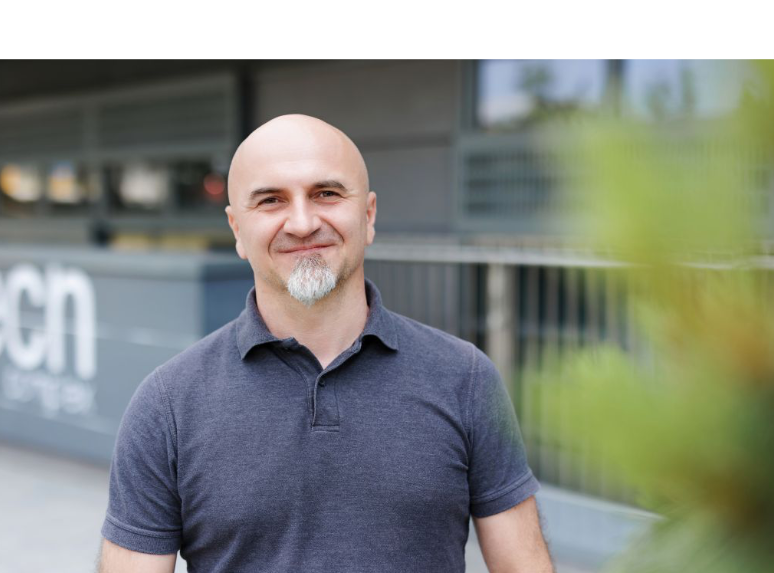Project description
Evidence-based knowledge and scientific approaches are key to designing and implementing effective policies to overcome current and upcoming challenges. Our project aims to examine the activities known more recently as science diplomacy (SD) in its regional dimension and scale. The study focuses on regional cooperation and regional governance systems operating in Northern Europe, which includes the Baltic Sea Region and the European Arctic.
We are convinced that there is a knowledge gap and therefore it is worth seeking answers to the question of whether and how science diplomacy can effectively contribute to strengthening regional cooperation and regional governance. Specifically, we will seek answers to three questions.
Firstly, why and how states and regional organizations in Northern Europe create their science diplomacy and how they apply it in the regional context; Secondly, how regional governance systems make use of states' science diplomacy and utilize as well as co-create scientific knowledge as part of their activities. Lastly, what are the results and impacts of science diplomacy on regional development.
Our research is focused on two types of Northern European entities: (1) states (Denmark, Estonia, Finland, Germany, Iceland, Latvia, Lithuania, Norway, Poland, Russia, Sweden); and (2)intergovernmental organizations that co-create two interrelated regional governance systems; these are: the Arctic Council, the Barents Euro-Arctic Council, the Nordic Council, the Nordic Council of Ministers, the Baltic Marine Environment Protection Commission HELCOM, and the Council of Baltic Sea States.
The choice to study Northern Europe was a conscious decision because it includes many organizations that form two systems of governance, its scope includes the development of different countries' approaches to science diplomacy, and the fact that this part of Europe faces challenges that science diplomacy can effectively support. We have relevant knowledge in these areas and have already conducted field studies on these issues. As a research team, we are very well versed in the state of knowledge regarding the issues that interest us, so seeing the gaps in knowledge, we are anxious to fill them, to shed new light on the role of science diplomacy in improving the world.
Dr Monika Szkarłat – Kierownik
A specialist in international relations and intellectual property law, her research interests include the social and legal dimensions of biotechnology and the broad relationship between science and politics, including the use of expert knowledge in decision-making processes, the internationalization of science. She is using her knowledge and experience so far to explore new and exciting research areas, which are science diplomacy in the Arctic or the issue of intellectual property rights in cyberspace. Since 2023, she has been a member of the team co-creating the MCSU Center for Artificial Intelligence and Computer Modeling, a delegate to the Council of the Polish Polar Consortium, and a member of the Social & Human Working Group of the International Arctic Science Committee. She devotes her free time to various forms of outdoor sport activities. Ideally, if it can be pursued in her beloved Beskid Sądecki.
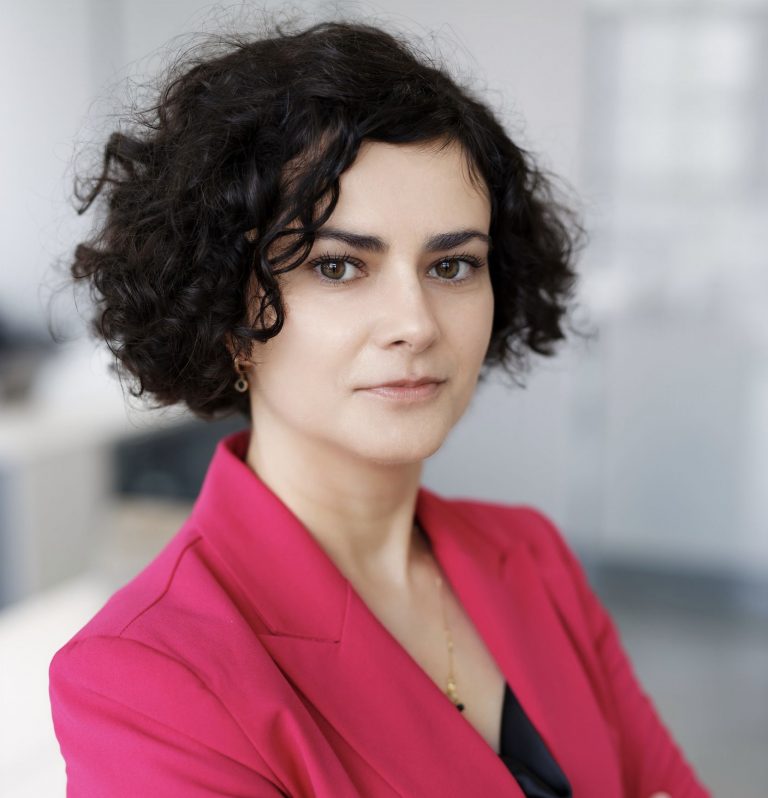
Dr Aleksandra Kuczyńska-Zonik – Wykonawca
Adiunkt w Instytucie Nauk o Polityce i Administracji na Katolickim Uniwersytecie Lubelskim, kierownik zespołu bałtyckiego w Instytucie Europy Środkowej; doktor nauk społecznych w zakresie nauk o polityce, doktor nauk humanistycznych w zakresie archeologii. W latach 2015-2018 adiunkt w Instytucie Europy Środkowo-Wschodniej w Lublinie. Laureatka programów „Mobilność Plus” (2016-2017) oraz „Miniatura” (2022-2023). Realizowała projekty badawcze poświęcone mniejszościom narodowym w państwach bałtyckich. Zainteresowania badawcze: polityka i bezpieczeństwo w Europie Środkowo-Wschodniej i na obszarze poradzieckim, państwa bałtyckie, mniejszość rosyjska, dziedzictwo sowieckie. Autorka licznych publikacji naukowych.
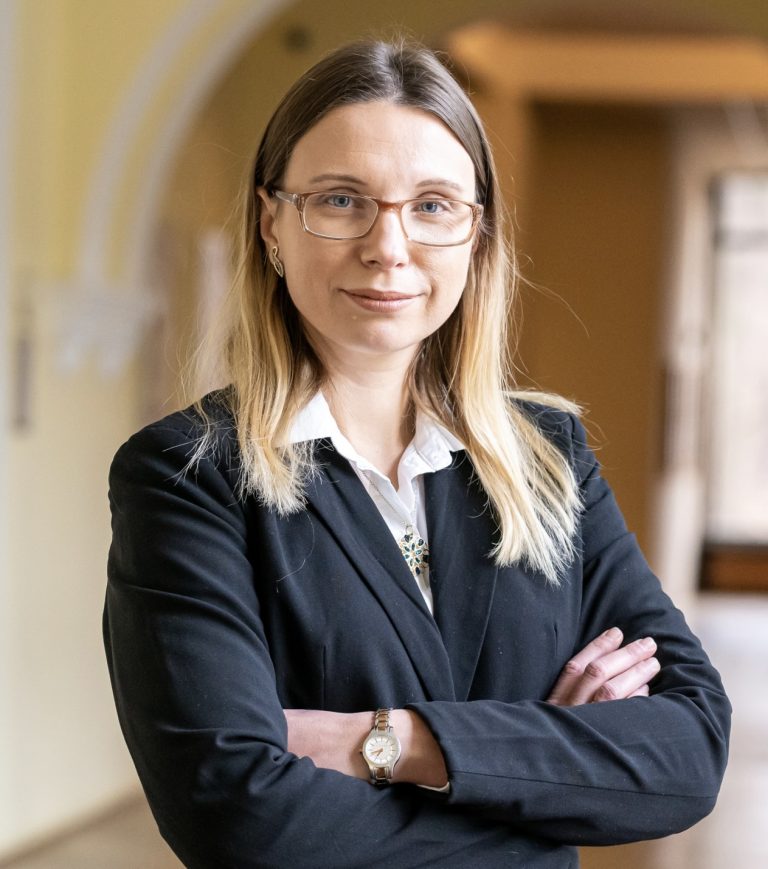
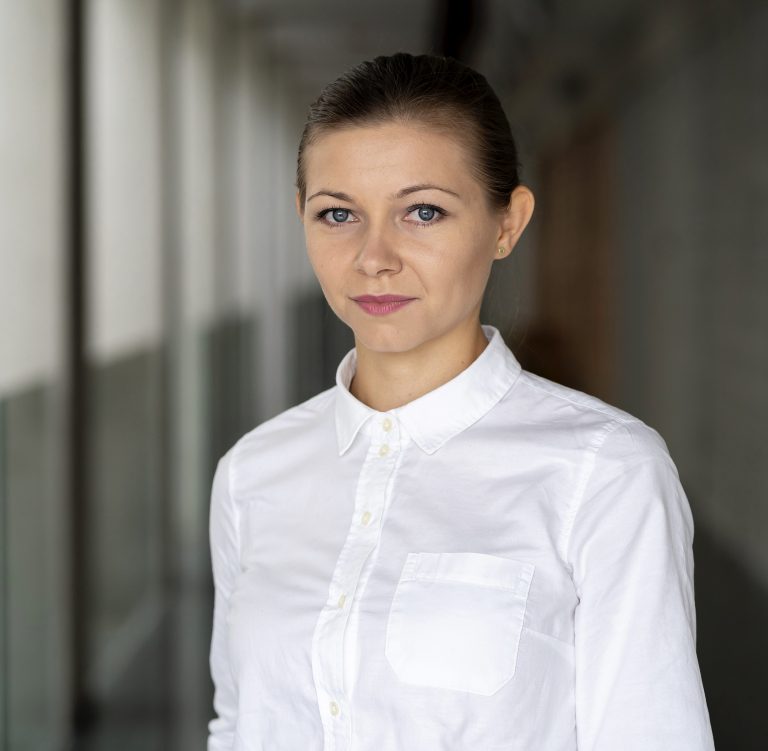
Dr Olga Smalej-Kołodziej – Wykonawca
Pracownik naukowo-dydaktyczny Katedry Metod Badawczych Zarządzania na Wydziale Ekonomicznym Uniwersytetu Marii-Curie Skłodowskiej w Lublinie, posiadający zainteresowania naukowe związane z szeroko pojętym obszarem nauk społecznych, w szczególności badaniami rynku, zachowaniami młodych konsumentów, sektorem kreatywnym gospodarki, e-marketingiem oraz zagadnieniami demograficznymi. A także badacz rynku i opinii realizujący zlecone projekty badawcze zarówno jakościowe, jak i ilościowe, analizy rynku i przedsiębiorstw.
Mgr Wojciech Szczerbowicz – Wykonawca
Specjalista w dziedzinie stosunków międzynarodowych oraz doktorant w Instytucie Studiów Międzynarodowych i Bezpieczeństwa na Uniwersytecie Wrocławskim. Członek Sekcji Badań Regionów Polarnych w ramach Polskiego Towarzystwa Studiów Międzynarodowych. Jego badania koncentrują się na zagadnieniach regionalizacji, regionalizmu i regionalności w Arktyce, gdzie wykorzystuje metodę analizy dyskursu do badań strategii państw oraz polarnego governance. Jako sympatyk refleksyjnego podejścia do współczesnych stosunków międzynarodowych, jest otwarty na współpracę interdyscyplinarną. Jego celem jest przyczynienie się do rozwoju projektu poprzez syntezę dyplomacji naukowej państw arktycznych oraz instytucji regionalnego governance w Europejskiej Arktyce. W czasie wolnym zwykle można go spotkać z książką w ręku lub czasem z dwiema.
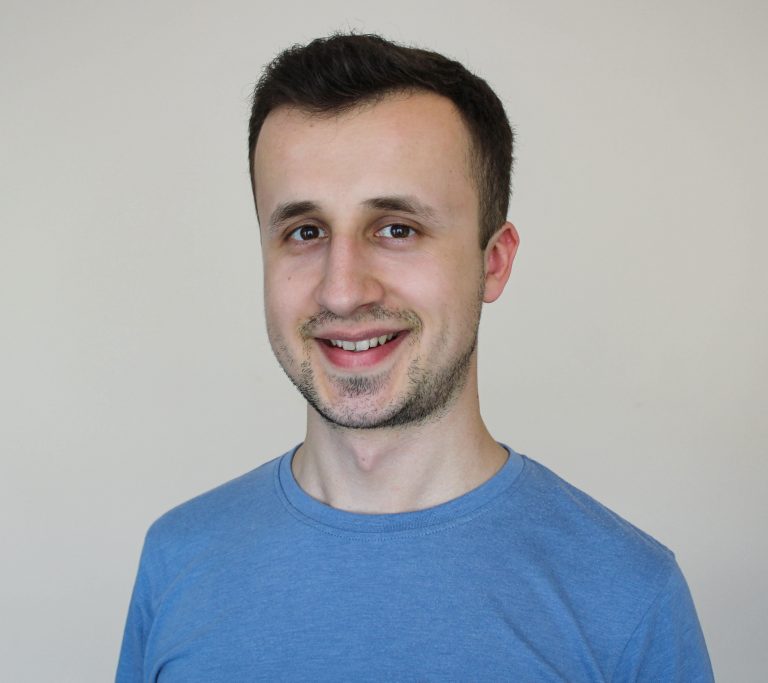
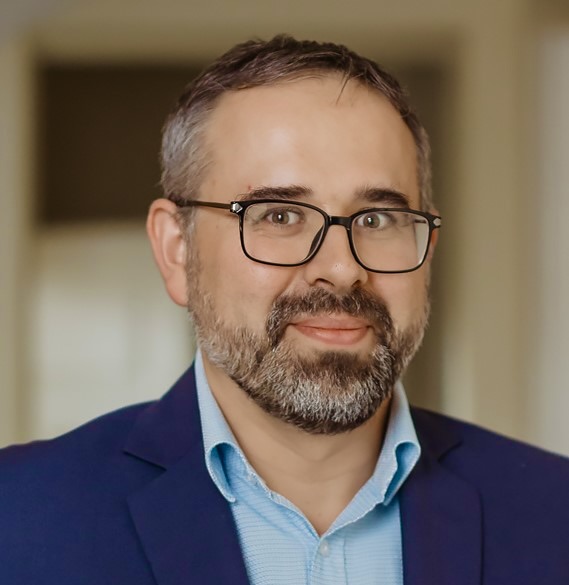
Damian Szacawa, PhD, team member
A specialist in international relations. Assistant Professor in the Department of International Relations at the Faculty of Political Science and Journalism of Maria Curie-Sklodowska University in Lublin, Senior Analyst in the Baltic Team of the Central Europe Institute. His research interests include international cooperation, regional governance systems, relations between international organizations and international security in the broadest sense, with a particular focus on the Baltic Sea region and Central Europe. Since 2016, he has been vice-chair of the Northern Europe Studies Section of the Polish Society for International Studies and a member of the Board of the Lublin Section of the Polish Society for European Studies. He devotes his free time to his family, gardening and jogging.
Kamil Filipek, PhD, team member
Data scientist, sociologist. Heads the Center for Artificial Intelligence and Computer Modeling at the Maria Curie-Skłodowska University. Implements solutions based on artificial intelligence methods in the area of natural language processing (NLP) in Polish and foreign technology companies. Manager of research projects financed from National Center for Scientific Research (NCN) and POIR funding sources. The author of publications in prestigious domestic and foreign journals. Co-organizer of IT industry meetings Data Science Lublin. His research interests include the impact of artificial intelligence and digital technologies on the shape and functioning of modern societies.
